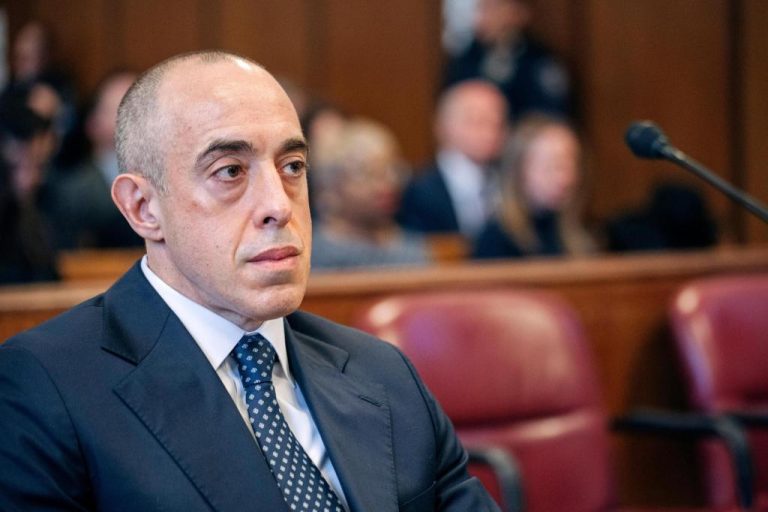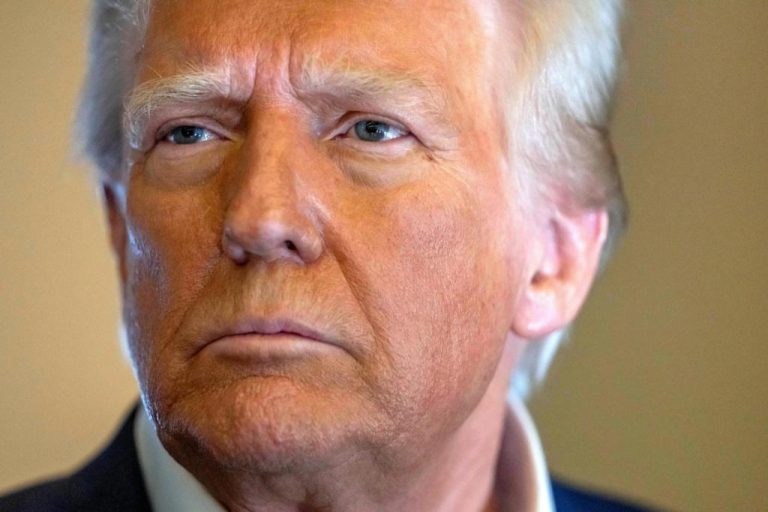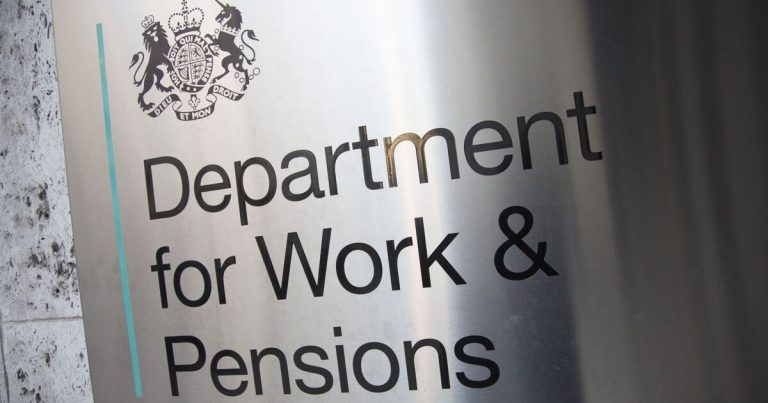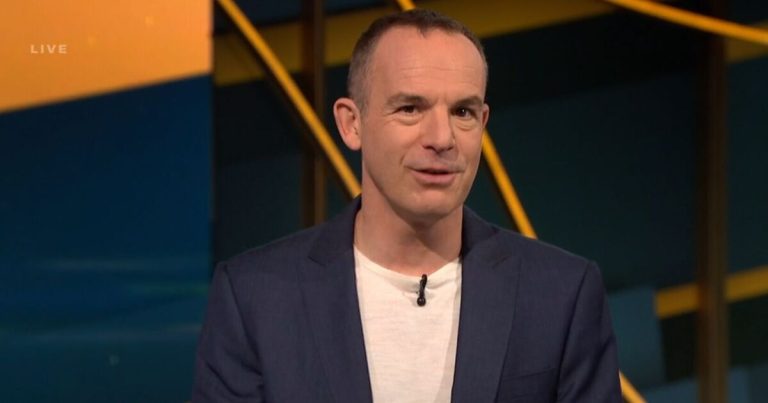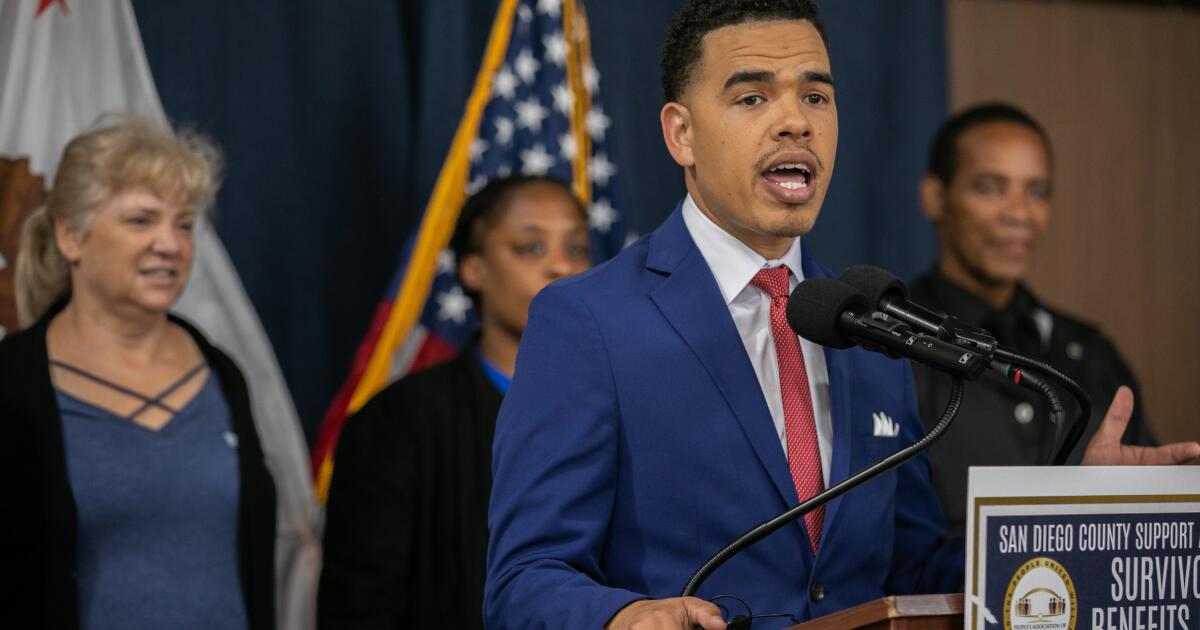

Civil rights activist Shane Harris withdrew Tuesday from the battle to replace Monica Montgomery Steppe on the San Diego City Council, which could speed up new representation for the southeastern San Diego district.
The departure of Harris leaves only three candidates in the race: Montgomery Steppe’s longtime chief of staff Henry Foster, mayoral aide Chida Warren-Darby and Tylisa Suseberry.
That makes it more likely one candidate could get more than 50 percent of the vote in the March primary, which would eliminate the need for a runoff in June or July.
Runoffs are required in most San Diego city elections even if one candidate gets more than 50 percent of the vote in the primary. But that rule doesn’t apply to special elections like the one to replace Montgomery Steppe, who was elected last month to the county Board of Supervisors.
That’s because Measure L in 2016, the voter-approved ballot measure that changed the city’s runoff rules, made no mention of special elections.
Harris, a civil rights activist, was expected to get significant enough support to make a runoff likely. While Foster and Warren-Darby are also considered strong candidates, Suseberry is not expected to garner as much support.
When she challenged Montgomery Steppe’s re-election effort in 2022, Suseberry raised no campaign money, spent no money and received just 7 percent of the vote in a three-candidate field.
If there is no runoff, District 4 could lack representation for less than four months instead of as many as eight.
Harris endorsed Foster on Wednesday. He praised Foster’s commitment to District 4 and said Foster’s council votes would not be controlled by Mayor Todd Gloria.
In the race, Foster has been endorsed by the two largest city employee labor unions. Warren-Darby has been endorsed by the mayor and Councilmembers Jen Campbell and Marni von Wilpert.
Avoiding a runoff would also save the city several hundred thousand dollars.
The city is able to hold the first round of the special election to replace Montgomery Steppe during the March primary, where it can share costs with many other government agencies holding elections.
But city rules require the runoff in the special election be held sooner than the November general election, which would require the city to pay the entire cost for an independent runoff in June or July.
Harris submitted enough valid signatures to appear on the March primary ballot but decided to withdraw from the race during a five-day period candidates are given to do so, according to the city clerk’s office.


